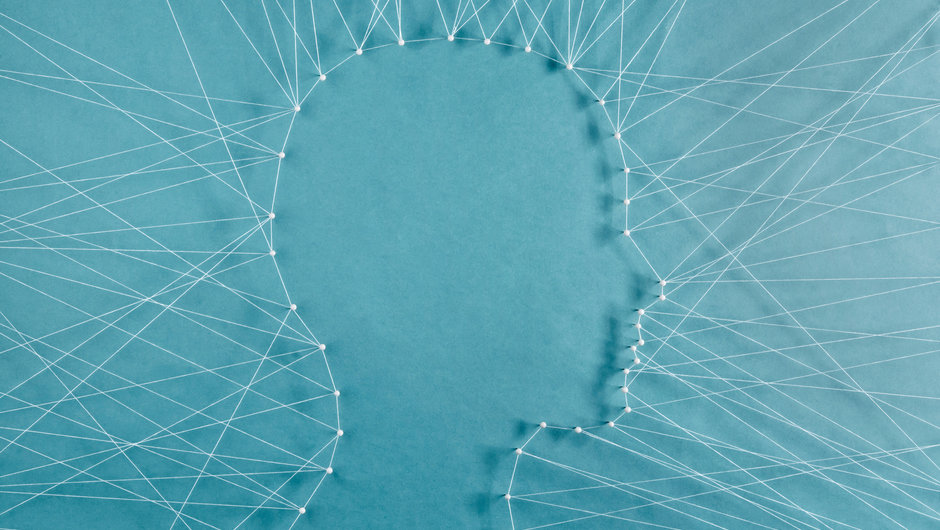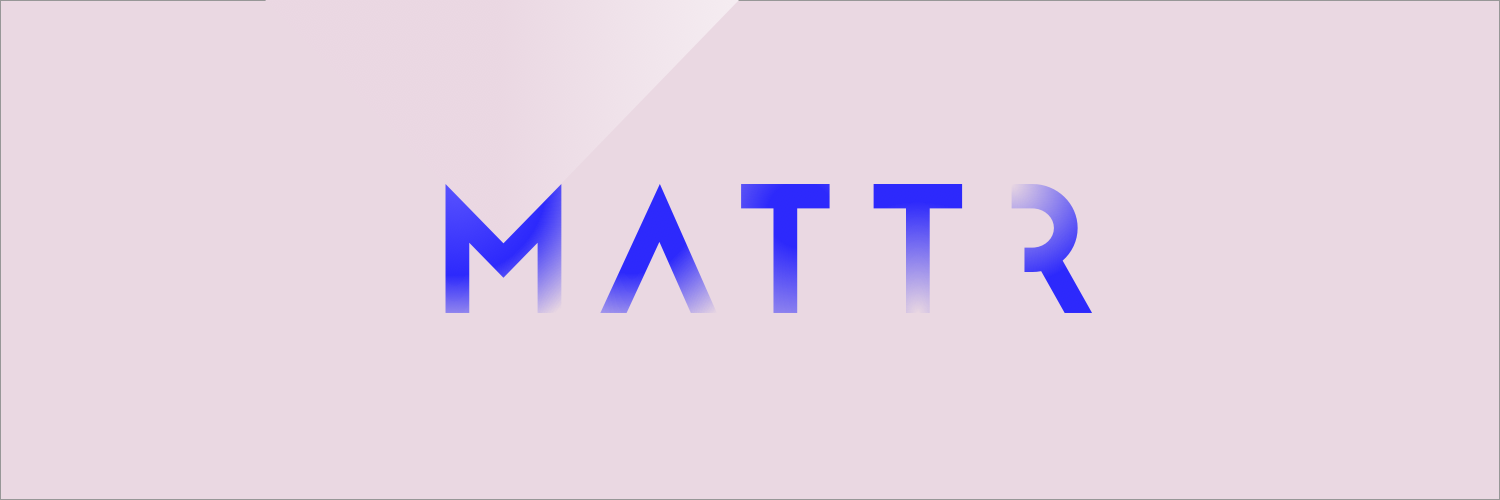

The internet has changed the way we live and work. Yet both the digital world we interact in and our existing internet model are not without challenges. Today’s internet is missing a trusted identity layer, resulting in a cascade of unintended consequences.
For a start, we don’t have control over our own digital data. To digitally interact, we are forced to give away personal information – our name, date of birth, address, credit card details and so on. By doing so, we place a huge amount of trust in someone else to keep our information private and secure.
Sadly, this trust is frequently compromised leading to fear and frustration and, for lack of a technological solution, increased regulatory oversight. This in turn increases compliance costs, reduces efficiency, and creates friction in our digital experiences.
No one party can build the next generation of the internet. Think back to the early days of the internet, when like-minded organisations such as universities got together to form building blocks of the internet like the Domain Name System (DNS). These organisations weren’t looking to directly profit from the DNS – they simply recognised the need to work collaboratively, on a global scale, to make the internet workable for all.
When it comes to making digital identities more secure, a global, public utility approach, maintained by a collection of diverse organisations, is similarly required. That’s why at Spark we are excited to join with such a group – the Sovrin Network. Through the Sovrin Network, Spark will donate resources to help collaboratively maintain and operate standardised components for responsible data stewardship.
We need to put identity owners in control of their digital identity. We envision a world where people can prove “they are who they say they are” without losing control of their personal information. Where companies can do deals and transact business with each other much more efficiently and securely. No more passwords, no more data breaches of personal information, no more information being misused or inappropriately sold to third parties. As more and more of our interactions go digital, this ability to take our identity information and relationships online in safe and secure manner has never been more important.
To support this vision, Spark is helping New Zealand and the world to transition to a model of decentralised identity. Unlike a domain name, an IP address, or a phone number, a decentralised identity is not “rented” from any centralised service provider. It belongs to and is controlled by the individual, verified by blockchain cryptography – meaning it can become a lifetime, secure, portable identity that can never be taken away from you.
Recognising this is a global and societal problem, we are collaborating with future-focussed, global innovators from around the world through the Sovrin Foundation. We’re proud that Spark is the first New Zealand company, and one of only three telecommunications-based companies in the world, to join the Sovrin Network to date.
Spark is deliberately taking a leadership position here. In becoming a founding Steward of the Sovrin Network, we are providing a service to New Zealand and the world, becoming part of this global public utility for self-sovereign identity.
In addition to operating a node in the global network and being able to anchor businesses to this network, Spark will actively advocate for and work on developing the standards and protocols to bring digital self-sovereign identity to life in practical, every-day use cases. As more and more New Zealand businesses want to participate, we will help them anchor into the network to build up their trusted digital connections and verify credentials.
There are still many challenges to overcome, but setting up some of the enablement layer is critical to ensure we can all fully participate in the next generation of the internet and New Zealand can benefit from a thriving digital economy.



